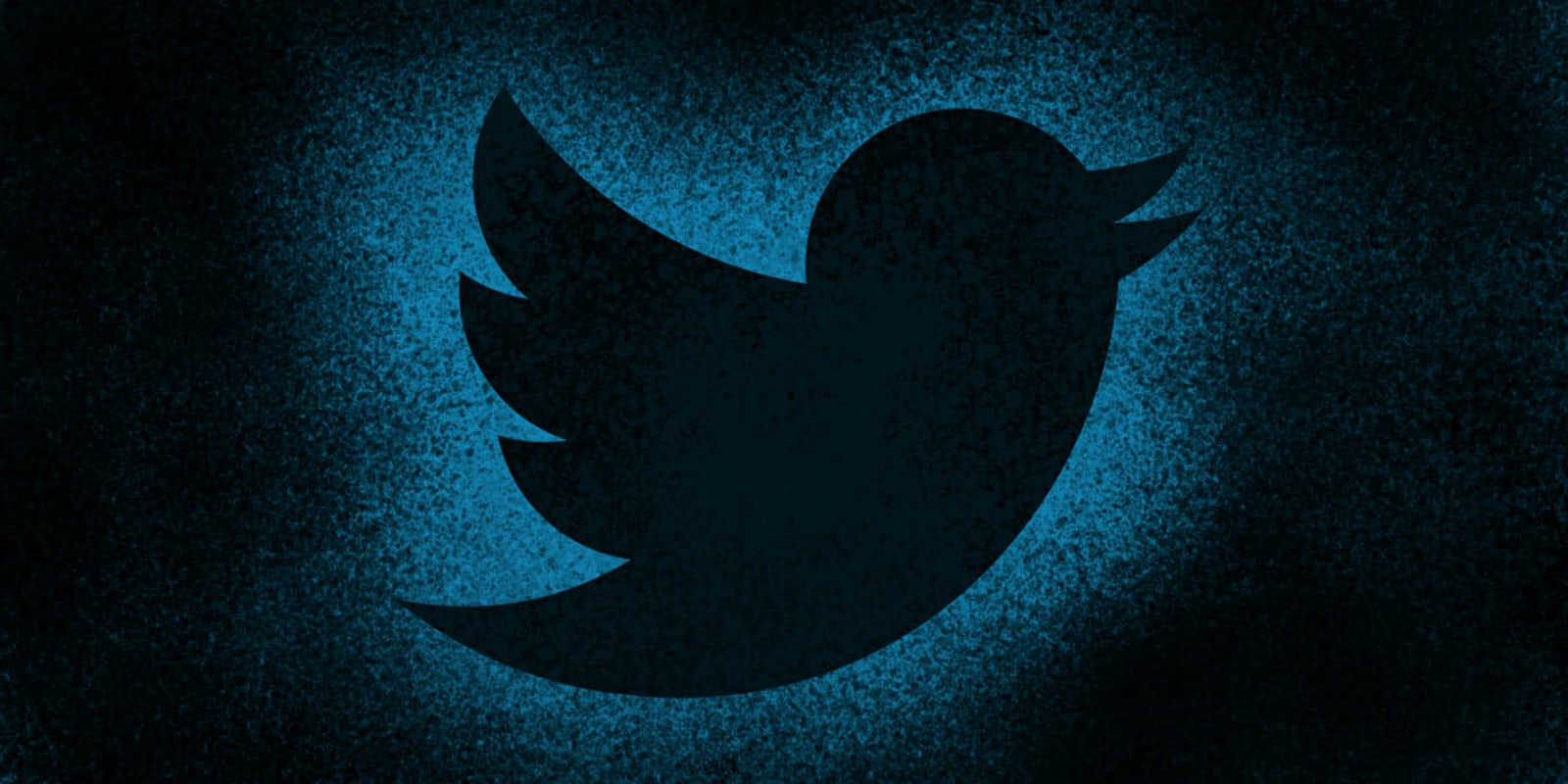There’s a rumor going around on Twitter this week that tweeting “thank you” or “I love you” will trigger immediate action against your account—one of Twitter’s anti-bot algorithms will swoop down with a lock or a “shadowban” for suspicious activity. It would appear that, in the process of dealing with automated propaganda, Twitter is accidentally punishing users for being kind to one another. But is that really what’s going on? How did this rumor get started?
An early mention of the alleged problem showed up on Reddit’s very popular r/technology subreddit April 21: “Currently tweeting certain benign phrases such as ‘Thanks’ at a shadowbanned user on twitter results in a shadowban, causing a huge chain epidemic of restricted accounts,” the poster wrote.
A shadowban, also known as a “notification ban,” is a term for hiding a user’s posts without giving the user any notice about what’s going on. A shadowbanned user’s tweets won’t show up in search, in others’ mentions, or in a reply thread. Shadowbanning is more effective against bots, spammers, and trolls than a hard ban, because it may take time before the bad actor notices they’ve been muted and moves on to a new account.
Some have reported their accounts had been temporarily locked, not just shadowbanned, for saying “thank you.” This April 22 tweet by @mlickles, describing the problem and offering screengrabs as evidence, was the first popular mention of the problem on Twitter:
https://twitter.com/Mlickles/status/988267741751664640
In these screenshots, the explanation seems to be that the tweets were identified as “automated behavior.” In other words, some Twitter algorithm appears to be flagging “thank you” as spam.
Soon, others were chiming in to report their own problems, test the system by tweeting “thank you,” or just make jokes about the situation.
does saying “thank you” actually shadowban you? thank you. THANK YOU. thank youto all the dogs in the world. ESPECIALLY THANKS to all the shibas.. i wouldnt have made it this far without you little bitches
— red
(@Iightred) April 23, 2018
https://twitter.com/_carmeIina/status/988597592266235907
https://twitter.com/kanna_istvar/status/988970613166542848
the whole “people getting shadowbanned for saying th.anks” thing sounds just like a stupid chain message on tumblr in 2010 except that now that everything’s run by inscrutably buggy algorithms, it’s completely believable
— Fiora (@FioraAeterna) April 24, 2018
Only on Twitter is this necessary. pic.twitter.com/75ihkZZqlR
— A Jeb: Prideful Rotten Dollhart (@namelessWrench) April 24, 2018
https://twitter.com/arsaene/status/988519878461149192
In some versions of the rumor, your account is only restricted if your “thank you” is directed at an account that has itself already been locked or shadowbanned. In others, saying thank you at all is enough to trigger it.
The alleged “thank you” crackdown has been covered by conservative “alt” media, like Milo Yiannopoulous’ “Dangerous” website, which accuses Twitter of “censorship.” Conservatives have been some of the loudest voices opposing shadowbans, arguing that Twitter hands them out for ideological reasons. Accusations that Twitter uses the bans to target right-wing posters are likely overblown, however.
Sex workers have also claimed Twitter is targeting them with shadowbans in the aftermath of SESTA/FOSTA, legislation that was billed as cracking down on sex trafficking, but in practice mainly just damages internet freedom.
Twitter did not immediately respond to a request for comment about the alleged “thank you” glitch, and the Daily Dot wasn’t able to recreate it (although the accounts that we tried it on are verified).
Whether it’s real or not, though, it’s quickly becoming part of Twitter culture and lore. It’s a joke, an urban legend, a chain letter—there’s no confirmation that it exists, but there’s also no confirmation that it doesn’t. And that makes it fascinating to talk about.
Update 5:18pm CT, April 25: Twitter confirmed to the Daily Dot that there was a glitch stemming from efforts to cut down on spam tweets and that the social media site is working to resolve the issue.
“We identified a few instances of false positives originating from our efforts to combat a recent spam campaign, and have taken steps to correct the issue,” a spokesperson said.




